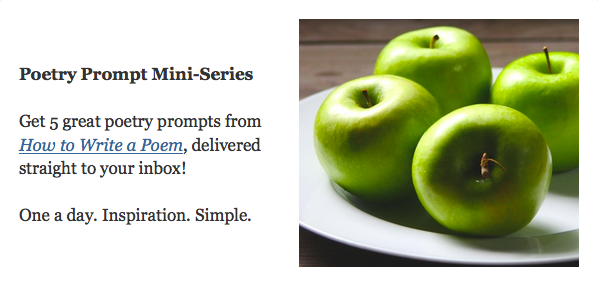I didn’t start writing poetry until I was in my mid-forties. Growing up, I wasn’t the kind of kid who wrote poetry or holed up in his room writing a journal. As a teenager, I loved the singer-songwriters of the sixties — Leonard Cohen, Bob Dylan, Paul Simon, Neil Young, Joni Mitchell – and I also had an extraordinary 10th grade English teacher, Miss Athey, who planted the poetry seed. But that seed remained dormant as I pursued my medical career.
For many years, I immersed myself in clinical practice and academic medicine. By the time I reached mid-life, I had written sixty scientific papers and co-edited a book on sleep disorders. In my mid-forties, just for fun, I began making up bedtime stories for my daughter. When I mentioned this to a friend, she declared, “Richard, you must become a writer!” and invited me to join her all-women writing group, seducing me to join by saying, “Richard, we don’t have men in the group, but we think we could handle having you!” It turned out that most of the group members were poets, and they educated me with their own poems, and exposed me, for the first time, to poets like Stephen Dunn, Mary Oliver, Sharon Olds, and many others. I was hooked instantly, began writing poetry myself, and the rest, as they say, is history.
Medical training turned out to be good preparation for writing: I had a lot of experience with hard work, discipline and long-term motivation. I continued to learn from the writing group, attended a workshop, and when our group broke up after a few years, I began to work with a mentor who continues to give me detailed, honest comments about my poems (he is still my “final reader”). I also carved out specific times each week which I reserved for writing, and I also became a voracious poetry reader. Reading a lot and writing a lot (as recommended by Stephen King) has been a great formula for me.
Getting poems published is a different adventure from writing them. After I had been writing for about five years, I had a big pile of poems which I arranged into my first book manuscript. I had been to Jack London’s house in California and was amazed to see the 256 rejection letters for his first book, “The Call of the Wild.” I decided I would submit my manuscript 256 times before giving up. Somewhere around rejection 220, after five years of submissions, How JFK Killed My Father won the Pearl Poetry Prize and was finally published. This was a great affirmation, but the greatest joy for me is the flow of writing, shaping a first draft through five or ten or twenty revisions, until the polished poem finally emerges on the page and makes me cry when I read it out loud.
Photo by Gualtiero. Creative Commons, via Flickr. Post by Richard Berlin.
___________
Click to get FREE 5-Prompt Mini-Series
- Journey into Poetry: Richard Berlin - June 18, 2012


Megan Willome says
See, you have the right attitude. When I read about someone like Jack London getting rejected that many times, I preemptively give up because I know I’m not in that league.
Claire Burge says
I love that your medical background informs your writing life.
Medical informed writing is rich in my experience.
Anne Overstreet says
Like Megan, I share a sense of awe that anyone could be that persistant. If I think a piece is good but no one is taking it, it goes in a drawer until I’m ready to take a second look and decide if I was kidding myself or if I should try round two. Wow!
Bob D. says
I marvel at that kind of self-confidence and belief in one’s own work. Even if I like what I’ve written, I often question its wider quality or worth and my ability to judge that.
Recently, I went back and reread most of the pieces I’ve written this year and it struck me that it was little better that a pile of poo. I read them again about a week later and thought that I may have overreacted. However, the experience did leave a sense of uncertainty in its wake.
Maureen Doallas says
Good for you!!
The surest way to not get published is to not submit. I know a number of poets who each year commit to a 100-submissions project; every time a rejection comes in, another submission goes out. The point, of course, is not to feel defeated by rejection; it’s about the poem, not about the person; and the poem may be very good, just not a good fit for the publication. It helps to do a bit of homework before submitting.
I’ve read a lot of very good poetry with medical themes. One of my favorite journals is Bellevue Literary Review.
L. L. Barkat says
I like the beginning of this piece. It’s our philosophy here at Tweetspeak…
Every day is a good day to start writing poetry.
And I laughed about the seduction. (It seemed not so hard. You must have been just waiting for an invitation 😉
Kimberlee Conway Ireton says
I love that you decided you’d submit to 256 rejections before giving up. Wow! That’s just amazing. And amazing that you stuck with it through 220. What a testimony to all of us who get discouraged after a mere 20 rejections. So glad you persevered–and won!
LjDowns says
What a tremendous encouragement, Had I not read this post I’d be tempted to stop after 10 rejections. Congratulations on the publication and the prize.